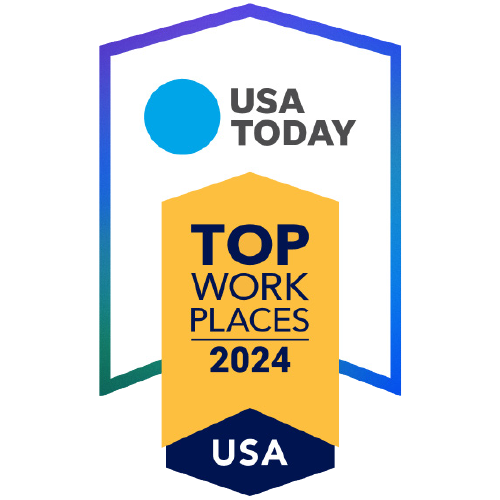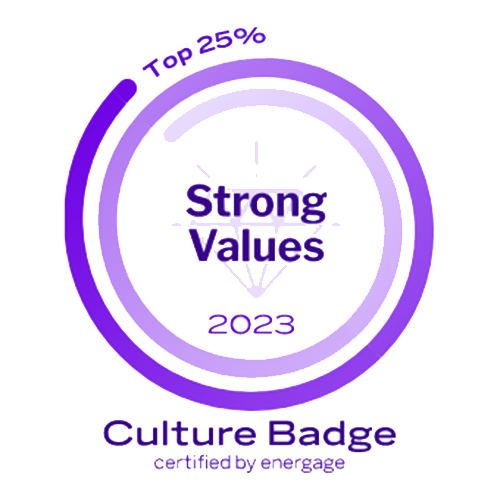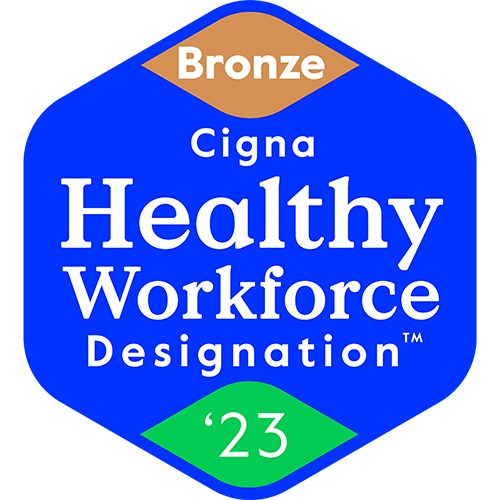If there is one thing we can predict about this pandemic, it’s that it’s unpredictable. And if you’ve recently begun the process of sourcing or contracting an event location, you know there are numerous new clauses, regulations, and rules to consider.
By now, both event planners and their vendor partners should understand the importance of contract flexibility. The issue, however, is that both sides are looking to protect their best interests. This means it’s time to brush up on your contract negotiation skills. As summarized by Cvent: “It’s no longer just about dates, rates, and space. Tomorrow’s meetings and events business is also about safety, efficiency, and transparency.” Here are some key considerations to keep in mind as you source venues and negotiate contracts during the Covid era.
Location, Location, Location
Beyond sunny weather and convenient travel proximity, event location is more important than ever when understanding and negotiating contracts.
At this point in the pandemic, safety guidelines are often managed at the most local levels of government. This means that you need to look deeper than country/state mandates. For example, county health departments within larger cities may have their own unique pandemic protocols. Hotels in one county may require vaccine verifications and masking, while venues in another county do not. Individual venues also may dictate their own unique pandemic rules, resulting in additional precautions that may not align with your event goals.
Take time to understand the pandemic regulations for your exact location, as well as surrounding locations such as airports, public transportation, restaurants/bars, etc. Make sure that local protocols align with the standards and expectations you’ve established with your event attendees, including guests, speakers, and outside vendors. Request health and safety protocol documents for both the venue and the local government. If the local protocols do not align with your event needs/goals, ask for modifications to your designated event space, or consider moving to a new location.
The Fine Print
When it’s time to discuss contract details, the key to successful negotiations is preparation. Bring a detailed list of questions, checklists, and even a contingency wish list. Venues may give on one issue to get something on another. Prioritize your asks and know where you can (and cannot) haggle. Also consider the fine print. Carefully review and understand detailed contract verbiage, and ask for additional language as needed to clarify detailed scenario and contingency factors.
Important items to understand and include in your contract negotiations
Pandemic/epidemic in cancellation policy.
As part of the contract’s pandemic cancelation option, clarify the specific inputs that may result in a cancellation. For example, does the local government need to implement new mandates or lockdowns in order to trigger a cancellation, or can your company set its own metrics such as case count or hospitalization rates?
Extended rebooking clause, force majeure clause, including partial attendance due to travel restrictions.
What is the required timeline for rebooking? If your desired rebooking date is not available, what is the cancellation policy? If attendees in another country are restricted from travel, will the local hotel consider that a sufficient reason to reschedule? What options do you have for reducing room blocks?
Deposits.
Reducing your non-refundable deposit amount(s) is a key negotiation factor. If your event is likely to be cancelled vs rescheduled, ask for a lower up-front deposit.
Staff-to-attendee ratio.
Venues may require additional staff to handle increased Covid protocols. Understand how this may impact your budget, and what the options are if mandates change before/during your event.
Quarantine plan.
Can attendees stay in their room if they test positive, and is there a discounted rate for extended stays due to Covid?
PPE supplies.
Are there supplies that are complimentary? Do you need to bring supplies like masks, hand sanitizer, etc.?
Food & Beverage minimums.
How flexible is your F&B budget if your headcount changes dramatically? Are there room service and delivery options? Can they offer discounted water bottle fees to avoid high contact water pitchers/water coolers?
Extra fees.
Hotels and venues may add fees for extras like the expanded use of outdoor space or increased F&B servers/cleaning staff. For example, are you paying for a staff member to serve coffee if attendees are not allowed to pour their own? This should be a key factor in negotiations, especially if the venue is less forgiving on deposit amounts and F&B minimums.
Plan B considerations.
Preparing for the unexpected can also mean unexpected costs. Negotiate for back-up space such as outdoor venues, smaller breakout rooms, etc. Also understand the cost and availability for hybrid/virtual production needs, including increased bandwidth, additional video/projection, etc.
Seek Professional Help
The continuation of the pandemic, combined with staffing shortages and supply chain disruptions, can have domino impacts that catch even the most experienced event professionals by surprise. Now may be a good time to employ a third-party contract negotiator, such as Unbridled, to negotiate the more complex scenarios/contingencies of pandemic-era contracts. As an extension of your planning team, event planning firms can leverage their broad-based experience and rolodex to help you navigate this rapidly evolving territory.
Despite your event location, pandemic preparedness and related contract contingencies are the new normal of site selection considerations. That’s one prediction you can count on. For more information or advice, don’t hesitate to reach out to the team here at Unbridled.










